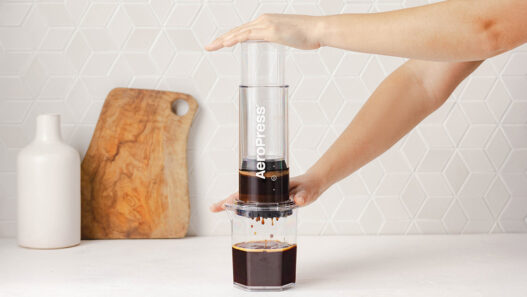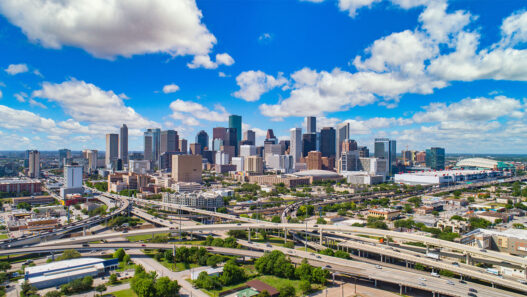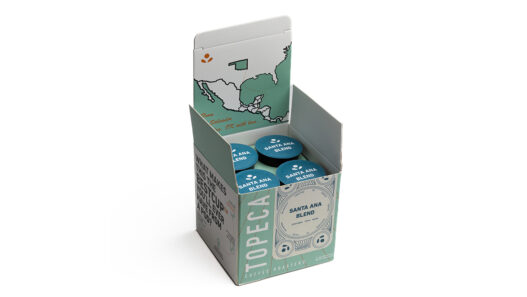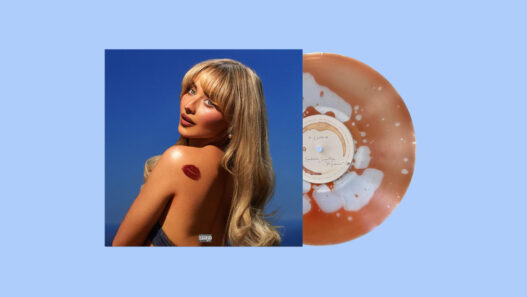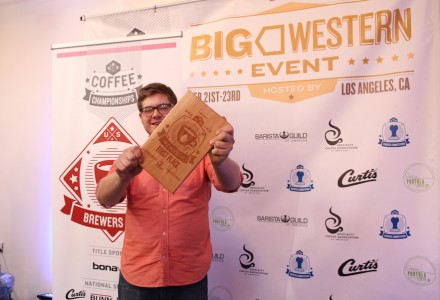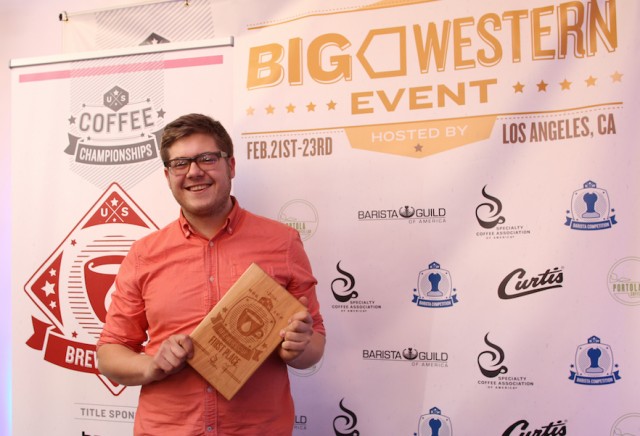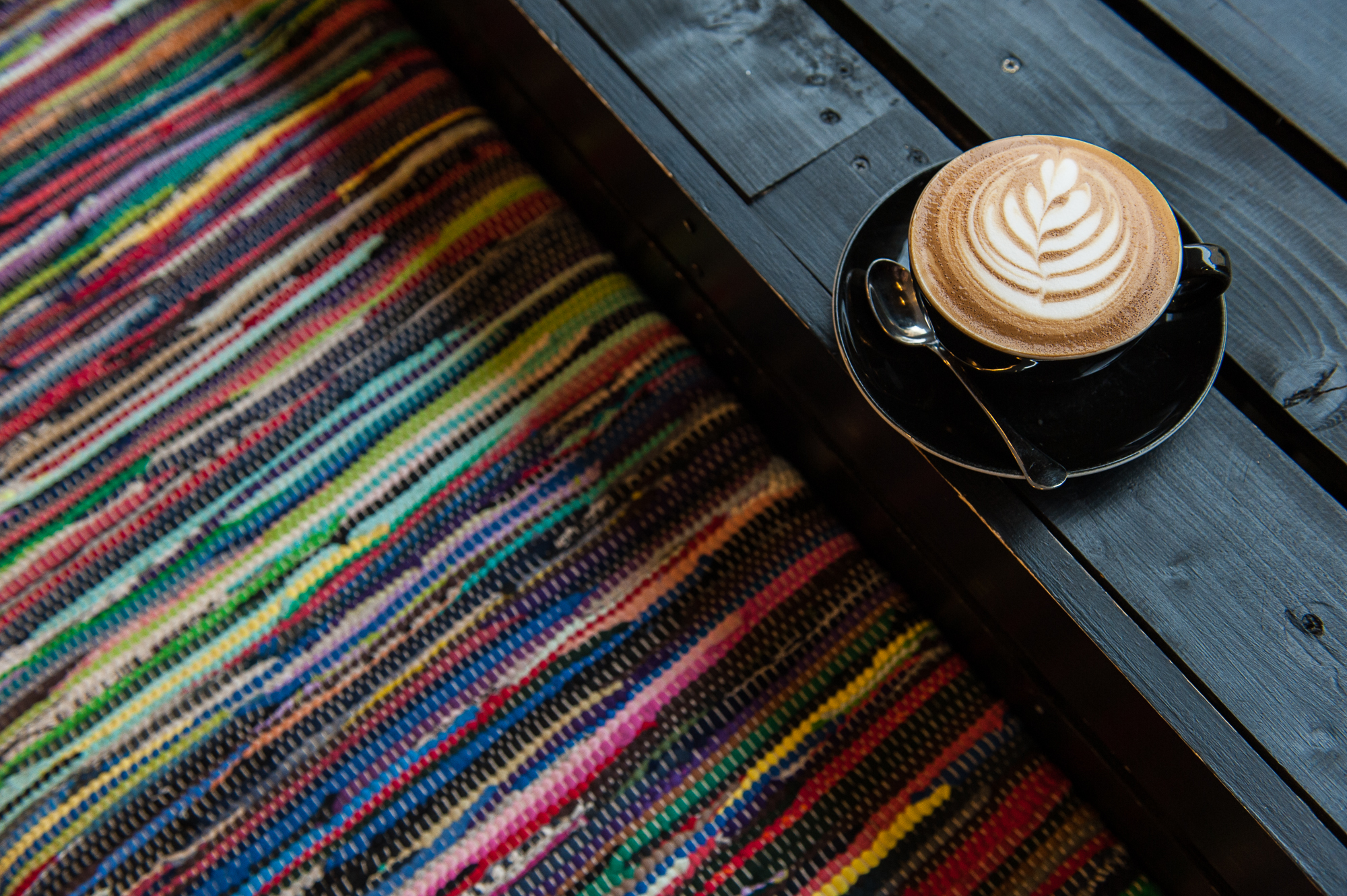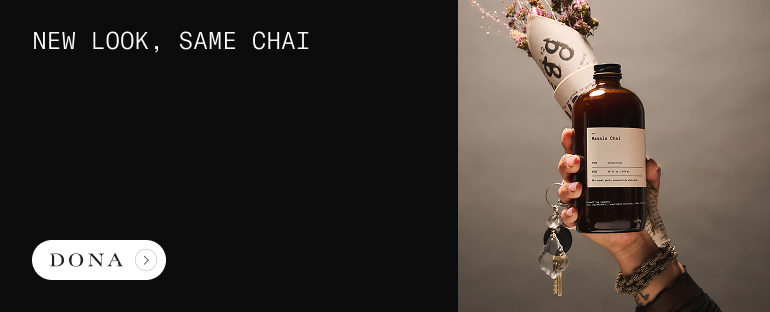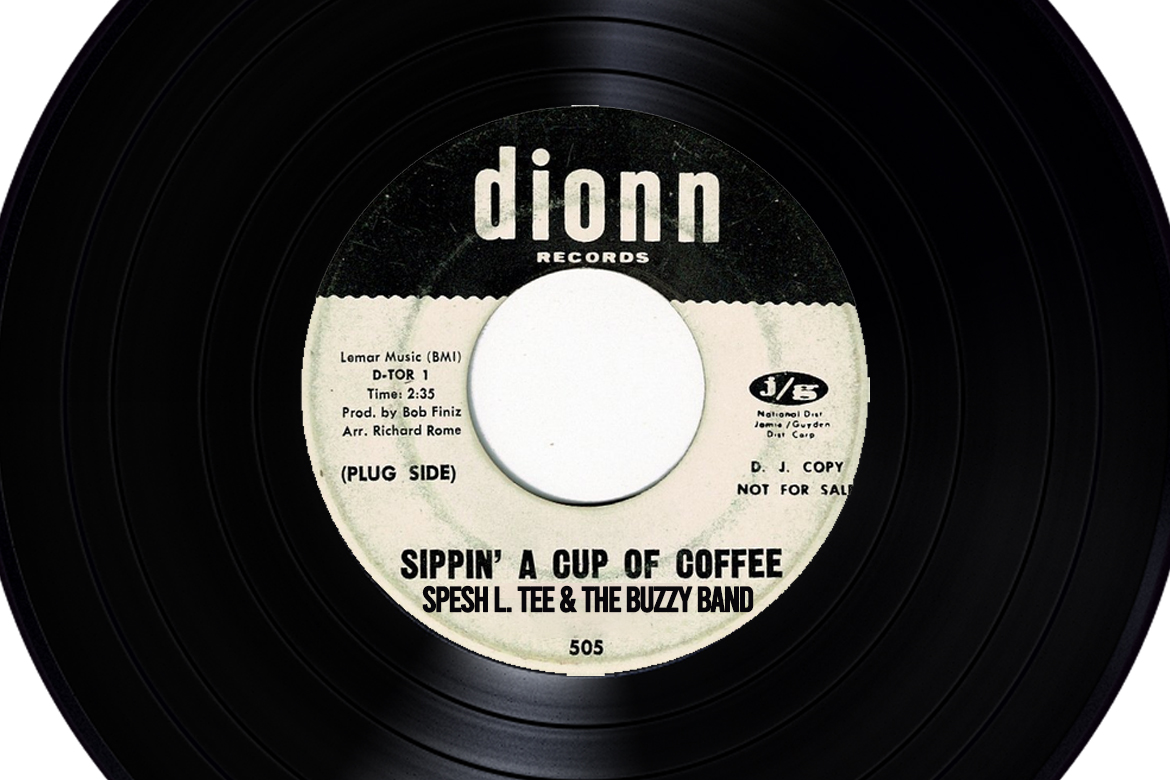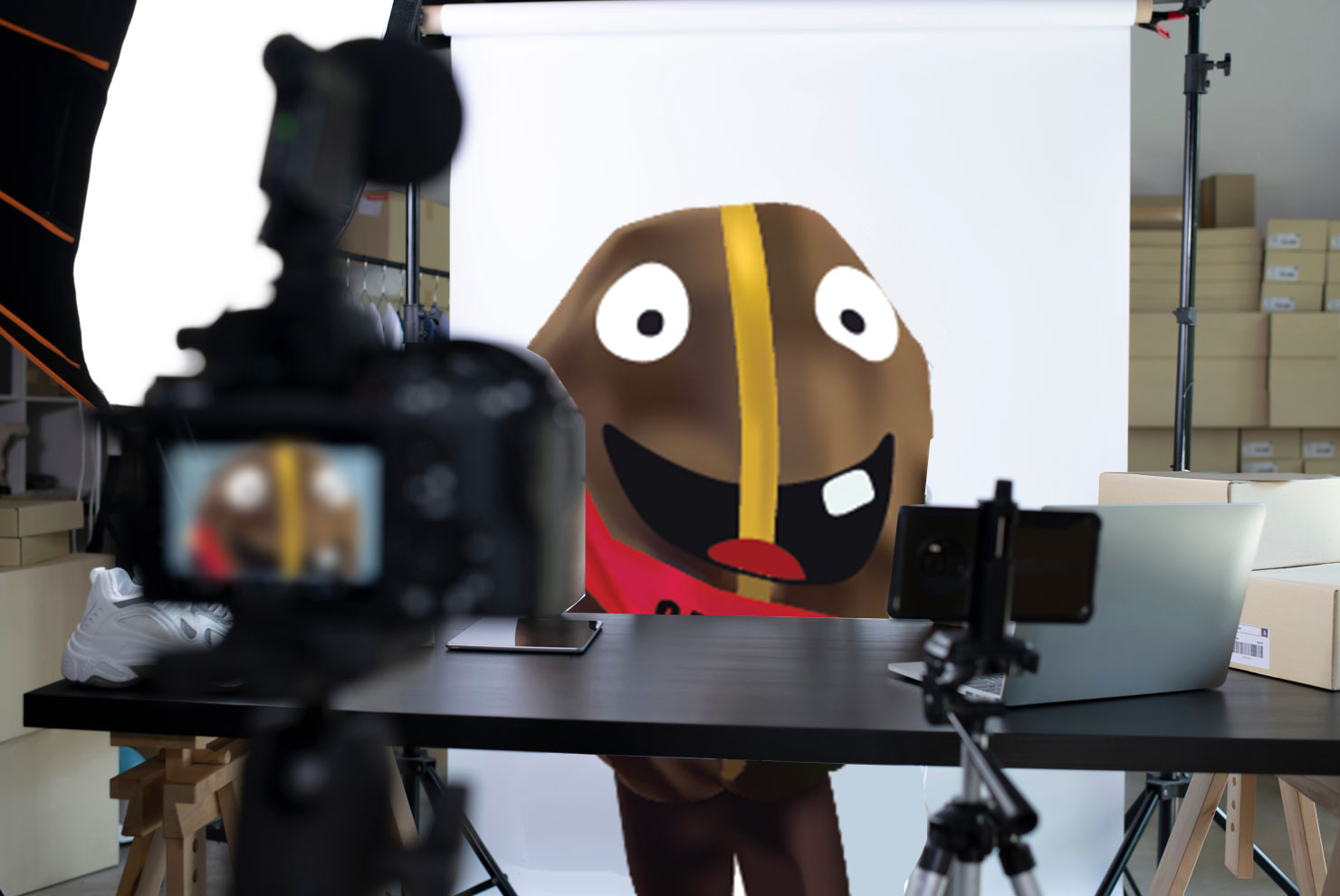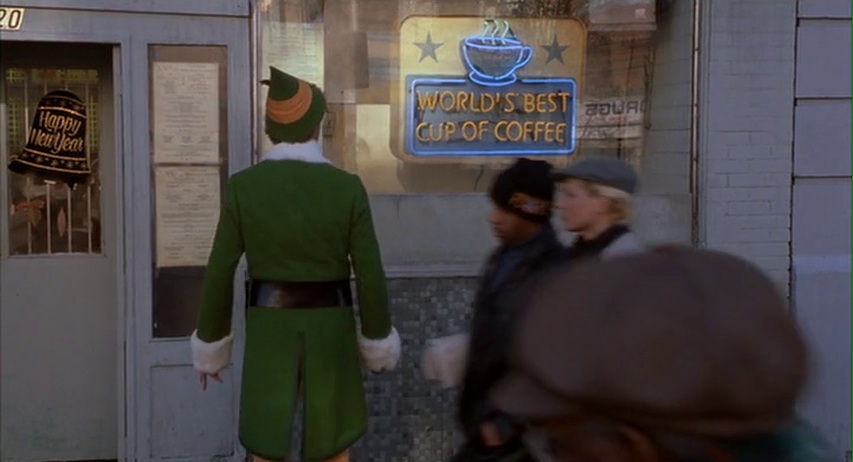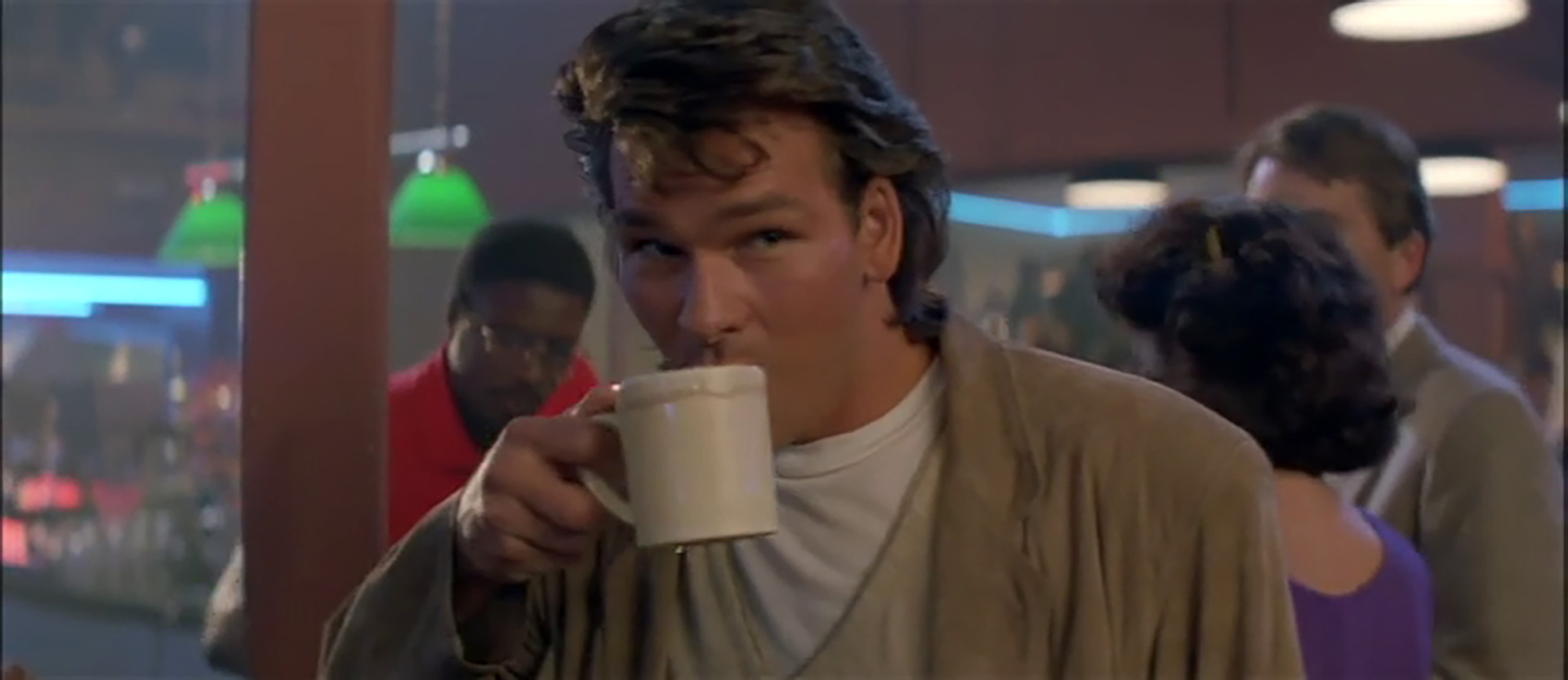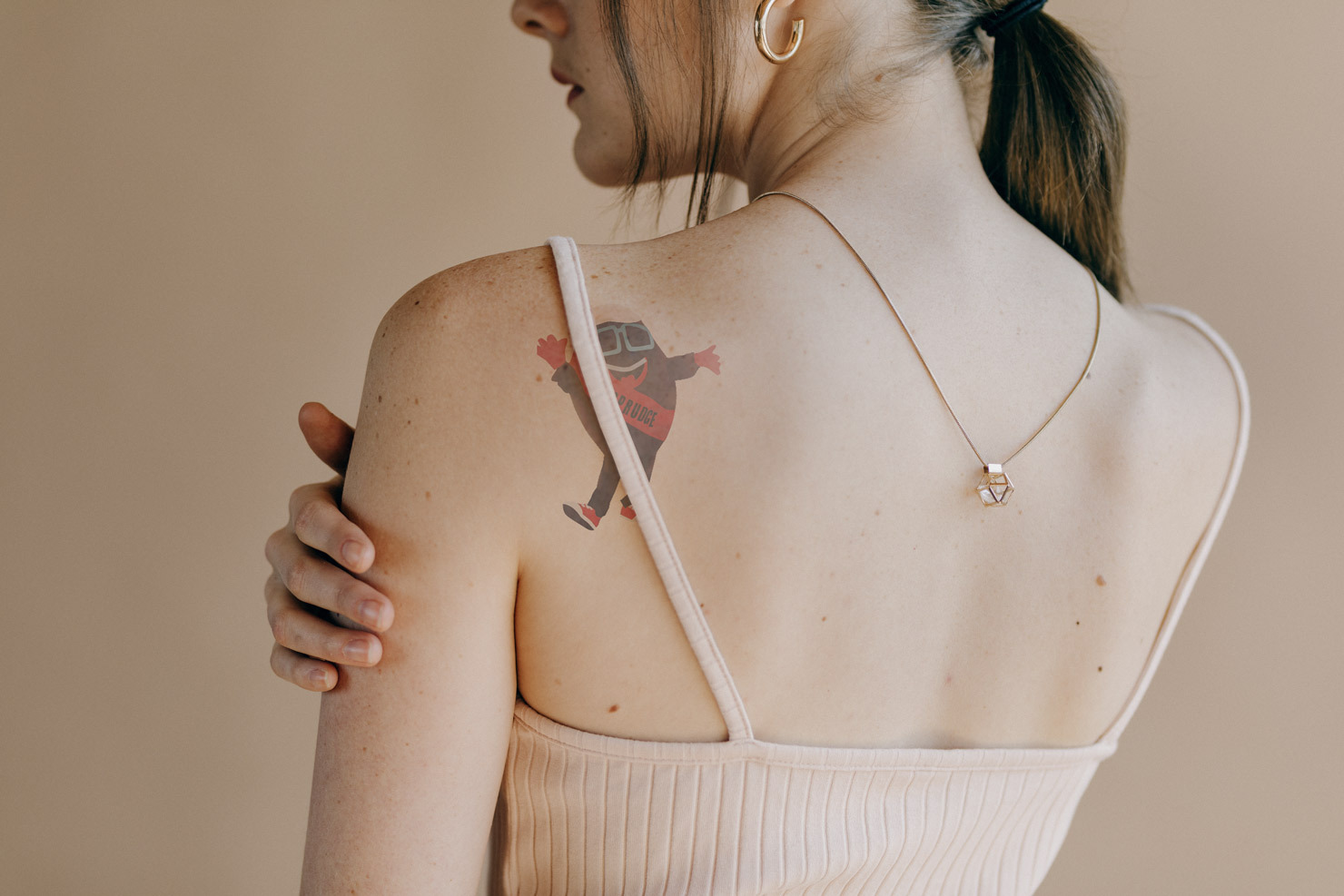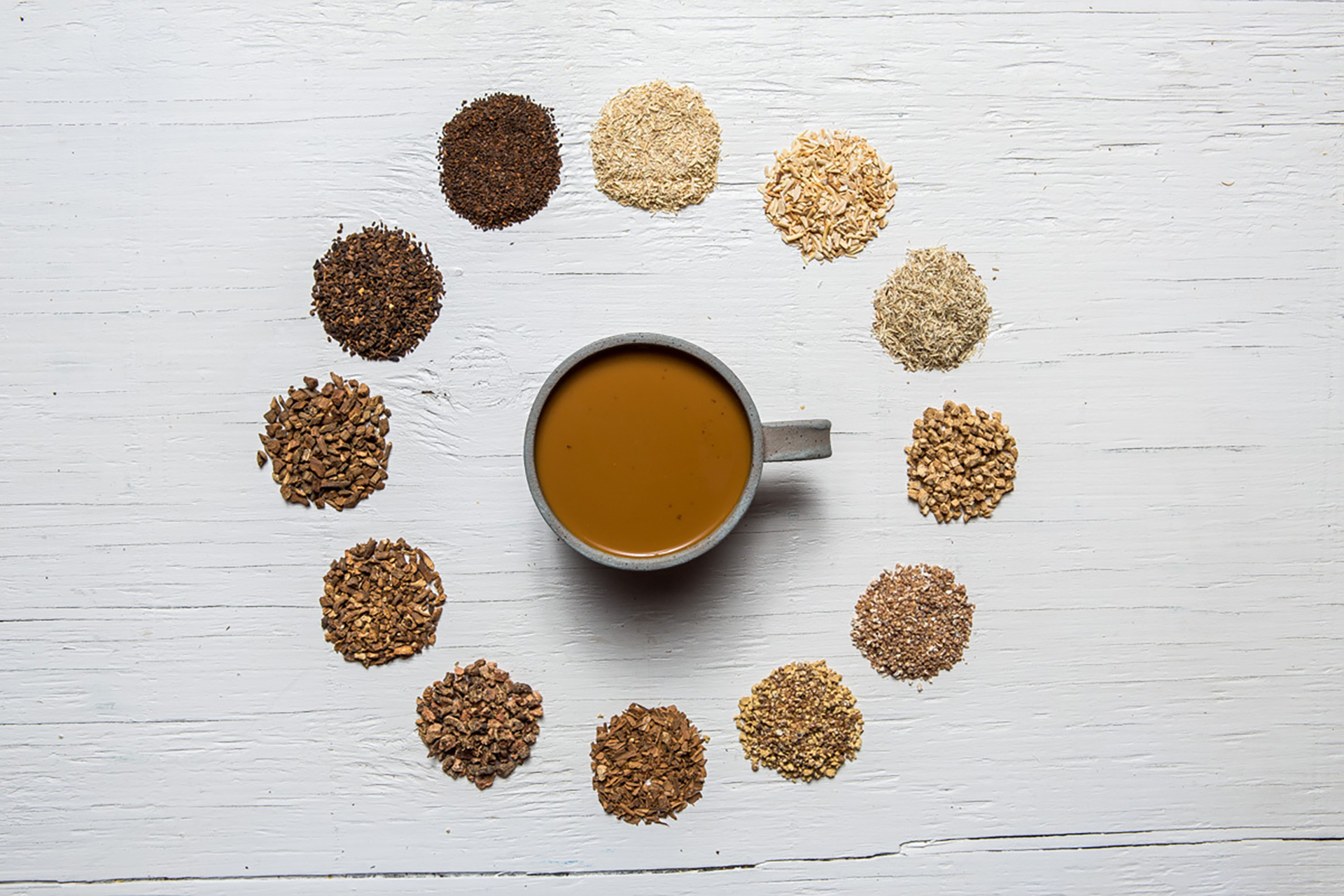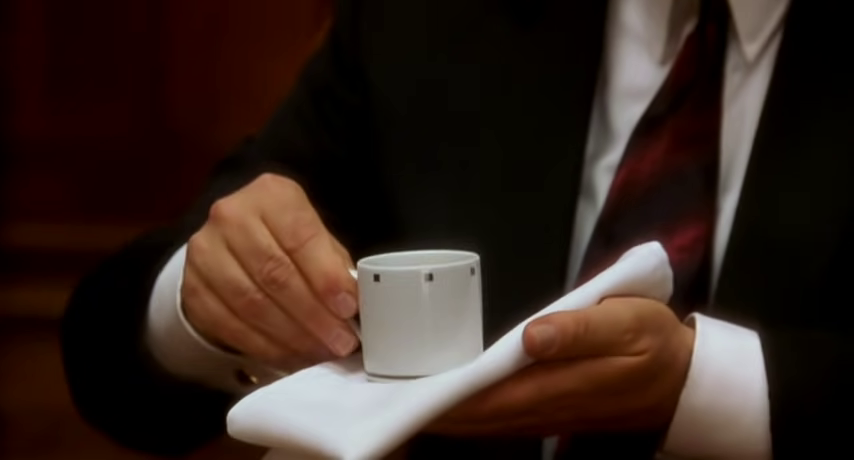The 2014 United States Coffee Championship regional season is now over, following an epic battle in Los Angeles at the Big Western coffee competition event. Competition fans in the United States now have a new roster of champions and a complete field of competitors for the impending national event, held April 24th-27th in Seattle, Washington. Throughout the 2014 season we’ve exhaustively covered the barista competitions–Sprudge.com is the only media outlet to photograph and document every last barista competitor–but we’re also showing some love to the Brewers Cup winners in a series of essential interviews.
The Brewers Cup, if you’re unfamiliar, is a demonstration of prowess and tasty coffee in the realm of manual brewing. Competitors select a brew method of their choosing (be it Aeropress, Hario V60, Espro Press, or even the humble cupping bowl) and prepare a carefully considered 10 minute routine for a panel of judges. Winners get a raft of prizes, and top finishers have the chance to move on and compete at the national event in Seattle. Win that and you’re off to represent the USA at the World Brewers Cup in Rimini, Italy, presented by World Coffee Events…but let’s not get ahead of ourselves.
At the Big Western regionals, the hotly competitive Northwest division was won by Honor Forte, of the Olympia Coffee Roasting Company in Olympia, Washington. Mr. Forte’s victory capped a huge weekend for our friends and partners at Olympia Coffee. Expect them to figure into the mix big time in Seattle.
But before the long hours of training begin again for nationals, Sprudge.com caught up with Honor Forte in the wake of his glorious victory. Mr. Forte, who is a wholesale relationship manager for Olympia Coffee, spoke with us via email.
Honor, you’ve just won the Brewers Cup for the NW Region. What are you going to do next?
I’m going to drive 16 hours home to Olympia, Washington and celebrate the entire way! Seriously, competing in the regionals meant a lot of driving this year for the Northwesterners (especially if you brought your own EK43 grinder), but this proved to be totally worth it. We got to know a lot of our colleagues from the Southwest and had a lot of fun making a whole week of it. So far I’m a fan of the Big Western.
What coffee did you compete with at Brewers Cup? Please tell us a bit more about it.
I used Olympia Coffee’s Kenya Gatomboya. This is our first Direct Trade lot from Kenya, and is a 100% SL-28 day-lot from the 2013 fly-crop harvest. This combination of variables gave the coffee the highest pronounced sweetness and acidity balance I had ever tasted. It think it really is the ideal Brewers Cup coffee.
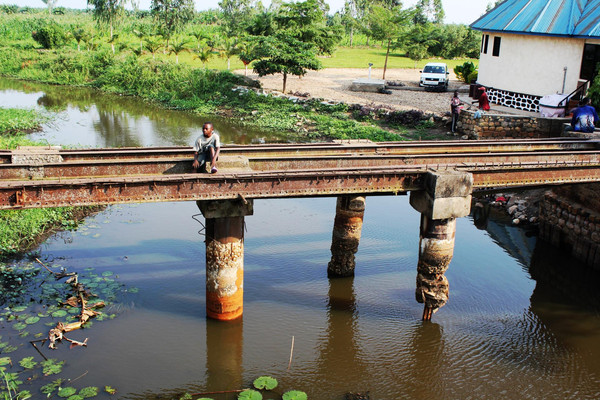
What brewing method did you employ in your routine, and why?
Kalita Wave 185 dripper. This is what I always come back to after trying to make coffees taste their best through other means. The Kalita brings out the clearest picture of our coffees whenever I’m looking for it. I did also, however, brew this coffee with purified rainwater, which I won’t go into too much, but really made a difference.
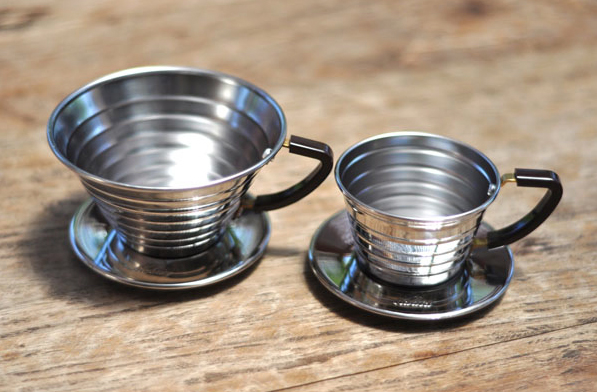
What advice do you have for future Brewers Cup competitors?
Honestly, I would say judge a barista competition if you can. Great coffee and great brewing ability is something a lot of people have access to, but knowing how judges interpret what’s in front of them was more valuable for me. My first time I competed in 2012 I was shaking because I wasn’t sure what the judges were thinking or what was expected of me. After being in that role myself I came out with the confidence to win…great coffee really helps too.
Where do you think the Brewers Cup will be in 5 years?
That’s a tough question to answer considering how much barista competitions have changed over the last 5 years. I would like to see more emphasis placed on the work that goes into the open-service round, though. So many Brewer’s Cup competitors showed up to this regional with truly honed brewing techniques and presentations this year and never got to show it to anyone. Imagine, for example, if Laila Ghambari or Charles Babinski [Big Western weekend’s barista champions] never got to go on stage because they were given someone else’s espresso and scored 7th with it; they both would still have the best presentation and competition in this case, but wouldn’t have been given a chance to show it. I think we could fine tune our Brewers Cup system in the future to keep this from happening. This is such an important way to better our brewed coffee as an industry and I would hate to see great new ideas dissolved at the compulsory round.
What would it mean for you to represent the United States at the World Brewers Cup this year in Rimini, Italy?
I would be so proud to represent the United States at that event. There’s a lot of creative thinking in the US Brewers Cup system right now and I would love to be the one that brings that to the world stage. We’ll find out in April I guess!
Jonathan Bonchak, Southwest Region champ.
Todd Carmichael, Northeast Region champ.




